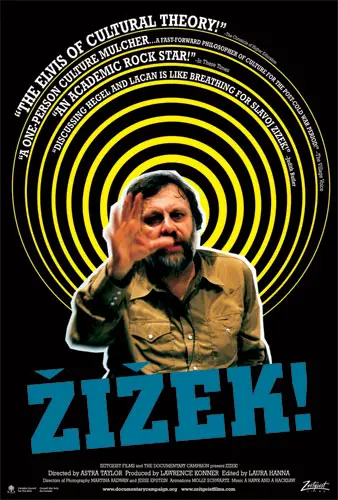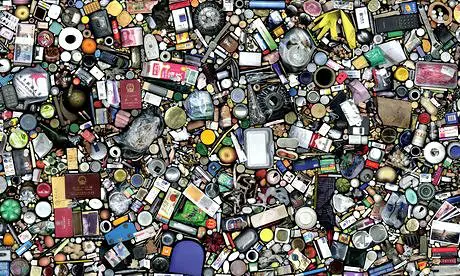What would be my… how should I call it, spontaneous attitude towards the universe? It’s a very dark one. The first thesis would have been a kind of total vanity: there is nothing, basically. I mean it quite literally, like… ultimately…there are just some fragments, some vanishing things. If you look at the universe, it’s… Continue reading Zizek! (transcript/subtitles)
Tag: enjoyment
Reply to My Critics, Part Two (re: The Sexual is Political)
Two general observations about my numerous critics seem pertinent to me. First, the large majority of attacks on my text follow the rules of the tweet culture with short snaps, retorts, sarcastic or outraged remarks, and with no space for the multiple steps of a line of argumentation. One passage (a sentence, or even a… Continue reading Reply to My Critics, Part Two (re: The Sexual is Political)
Fat-free chocolate and absolutely no smoking: why our guilt about consumption is all-consuming
During a recent visit to California, I attended a party at a professor’s house with a Slovene friend, a heavy smoker. Late in the evening, my friend became desperate and politely asked the host if he could step out on the veranda for a smoke. When the host (no less politely) said no, my friend… Continue reading Fat-free chocolate and absolutely no smoking: why our guilt about consumption is all-consuming
On David Lynch
In chapter 15 of Seminar XI, Lacan introduces the mysterious notion of the “lamella”: the libido as an organ without body, the incorporeal and for that very reason indestructible life substance that persists beyond the circuit of generation and corruption. It is no accident that commentaries on this passage are rare (for all practical purposes… Continue reading On David Lynch
Notes on a Poetic‐Military Complex
[Abstract:] The predominance of religiously (or ethnically) justified violence can be accounted for by the very fact that we live in an era that perceives itself as post‐ideological. Since great public causes can no longer be used to incite mass violence, that is, since our hegemonic ideology calls on us to enjoy life and to… Continue reading Notes on a Poetic‐Military Complex
How to read Lacan – “God is dead, but he doesn’t know it”: Lacan plays with Bobok
The true formula of atheism is not God is dead – even by basing the origin of the function of the father upon his murder, Freud protects the father – the true formula of atheism is God is unconscious In order to properly understand this passage, one has to read it together with another thesis… Continue reading How to read Lacan – “God is dead, but he doesn’t know it”: Lacan plays with Bobok
The Interpassive Subject
[Delivered at Centre Georges Pampidou, Traverses, 1998. Minor editing, headings, etc.] Fetish Between Structure and Humanism According to the classic Althusserian criticism, the Marxist problematic of commodity fetishism relies on the humanist ideological opposition of “human persons” versus “things.” Is it not one of Marx’s standard determinations of fetishism that it deals with “relations between things… Continue reading The Interpassive Subject
From Joyce-the-Symptom to the Symptom of Power
What does Lacan’s thesis on “Joyce-the-symptom” aim at? Joyce’s famous statement that he wrote [amazon asin=0141181265&text=Finnegans Wake] in order to keep literary historians busy for the next 400 years has to be read against the background of Lacan’s assertion that, within a psychoanalytic cure, a symptom is always addressed at the analyst and as such… Continue reading From Joyce-the-Symptom to the Symptom of Power




